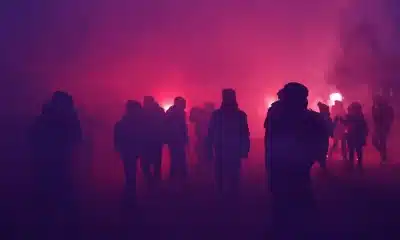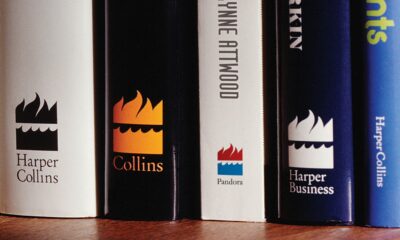News
Canada Post Begins Laying off Striking Postal Workers

Canada Post has recently been criticized for temporarily laying off striking postal workers. This move has aroused much controversy as the labour strike approaches its two-week milestone.
Canada Post recently announced layoffs aimed at individuals involved in the strike. According to accounts, these layoffs are temporary. However, the decision has exacerbated tensions between the corporation and the union.
Unfortunately, due to the continued national labour disruption caused by the Canadian Union of Postal Workers (CUPW) and its severe impact on the company, we have adjusted our operations under the Canada Labour Code,” said Canada Post spokesperson Phil Rogers.
Exact figures are still unknown, but a major chunk of the 55,000 unionized workers is expected to be affected. The layoffs are mostly concentrated in areas where the strike severely affects services.
For many employees, this measure adds financial stress to a difficult situation. Striking workers lose pay during labour disputes, and layoffs exacerbate their capacity to make ends meet.
Canada Post Scare Tactic
The CUPW has slammed the layoffs as a “scare tactic.” They believe this action is intended to pressure workers to return before their demands are addressed. Meanwhile, Canada Post claims it’s an essential precaution to keep operations running throughout the strike.
According to labour and employment expert Deborah Hudson, Canada Post’s layoffs are unusual and will almost certainly face legal challenges from the union.
According to the Canada Post, its company suffered severely during the strike. It was previously stated that the labour interruption has affected approximately 10 million parcels since the job strike began on November 15.
Negotiations between the two sides are currently at a deadlock. The union continues to advocate for its demands, while Canada Post maintains its stance.
The postal strike has no end in sight. Labour Minister Steven MacKinnon said Wednesday that an Ottawa-appointed mediator was going nowhere because the sides were too far apart on fundamental topics. The mediation negotiations were temporarily postponed, and the administration has no plans to intervene.
Back to Work Legislation
In a statement Thursday, spokesman Rogers stated that Canada Post is “considering its options to move negotiations forward with greater urgency and remains committed to negotiating new collective agreements.”
Meanwhile, union president Jan Simpson stated Wednesday that the CUPW is battling to keep good full-time positions.
If the issue persists, the federal government may interfere. During previous labour disputes, Ottawa enforced back-to-work laws to restore mail services. Whether that happens this time depends on how long and disruptive the strike is.
The Labour Minister says the special mediator will re-engage with both parties once productive bargaining can resume.






































